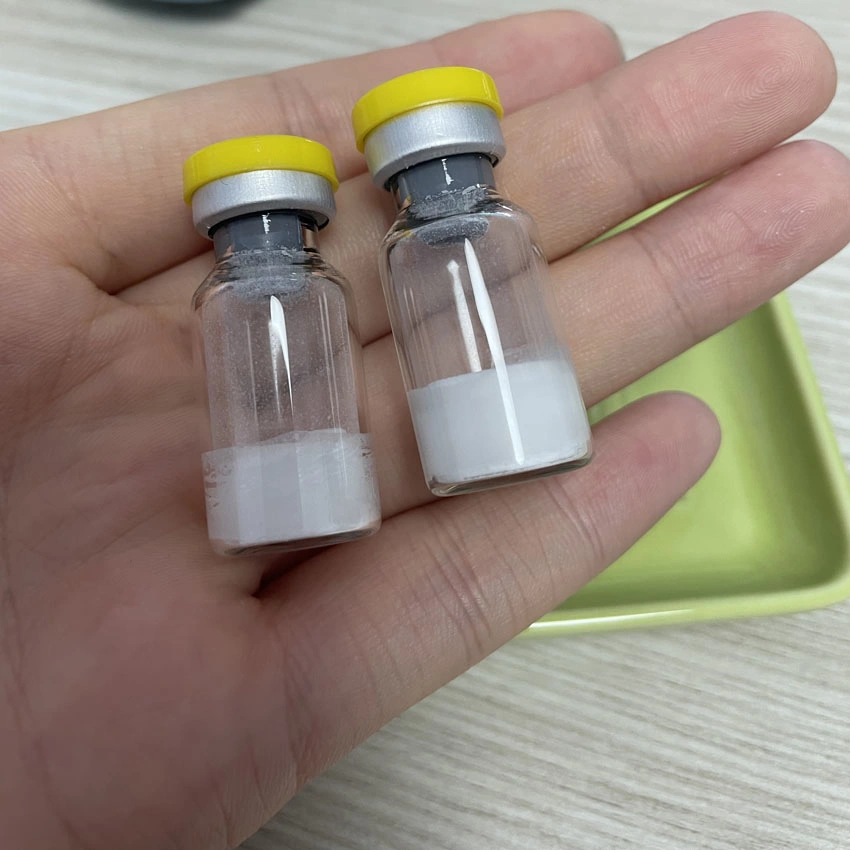News
World Health Organization: GLP-1 such as semaglutide has' transformative 'potential
According to the World Health Organization, GLP-1 receptor agonists are currently being used in highly medicalized ways. The healthcare system needs to develop more comprehensive solutions, with a focus on health promotion, disease prevention, and policy interventions. World Health Organization officials believe that the rapid rise of GLP-1 obesity therapy provides a powerful weapon for the industry and healthcare system to combat the obesity pandemic, but current deployment methods may not be able to achieve this goal.

These remarks were published in a commentary article in JAMA on Wednesday, written by WHO officials Jeremy Farrar, Francesco Branca, and Francesca Celletti.
In the article, experts refer to obesity as a "pandemic" public health issue that affects over 1 billion people worldwide, with cases increasing in almost every country. In 2019, non communicable diseases related to obesity claimed the lives of 5 million people. By 2030, the global cost of obesity may reach $3 trillion.
In this context, the rise and increasing popularity of GLP-1 receptor agonists may have a "transformative" impact on obesity care, providing effective drug treatment options for healthcare systems in various countries.
However, drug therapy alone is not enough to solve the obesity crisis, "wrote a WHO official, adding that healthcare systems must take a holistic response to" ensure universal access to disease prevention, treatment, and management services that are easily accessible, affordable, and sustainable
The current direction of obesity care - providing intervention measures only for people who are already severely obese or have related comorbidities - is not enough. Similarly, experts from the World Health Organization have stated that the highly "medicalized" approach of industry and health systems to address obesity, led by GLP-1RA, will lead to a "distorted response" to the obesity crisis.
On the contrary, the World Health Organization recommends adopting a "whole of society approach" that not only manages obesity, but also places emphasis on preventing it. This strategy may involve extensive health promotion and disease prevention programs, supplemented by effective food policies. The World Health Organization is currently developing guidelines for the use of GLP-1 therapy in adult obese patients, seeking to establish standards for drug indications, applications, and other similar considerations. Global health authorities are expected to release these guidelines in July 2025.
In recent years, GLP-1 therapy has become popular, especially in the treatment of obesity. Several analysis companies predict that the obesity sector will reach $100 billion to $160 billion in the next decade. At present, the market is dominated by two companies: Novo Nordisk, which owns the Semaglutide brands Ozempic and Wegovy, and Eli Lilly, which sells Tirzepatide under the names Mounjaro and Zepbound. Several other companies, including large and small biopharmaceutical companies, are also actively investing in this field, hoping to profit from the lucrative weight loss craze.
CATEGORIES
News
- Welcome to the world of Tirzepatide, a w2025-02-28
- Is compound semaglutide safe?2025-02-25
- An average weight loss of over 20%! Tirz2025-02-24
- World Health Organization: GLP-1 such as2025-02-20
- Fortune: 'Weight loss miracle drug' sema2025-02-18
CONTACT US
Contact: NewPeptides
Phone: +852 6902 7583
E-mail: Linda@goodpeptides.com
Add: Science and Technology Industrial Park, Yuelu District, Changsha City, Hunan Province
